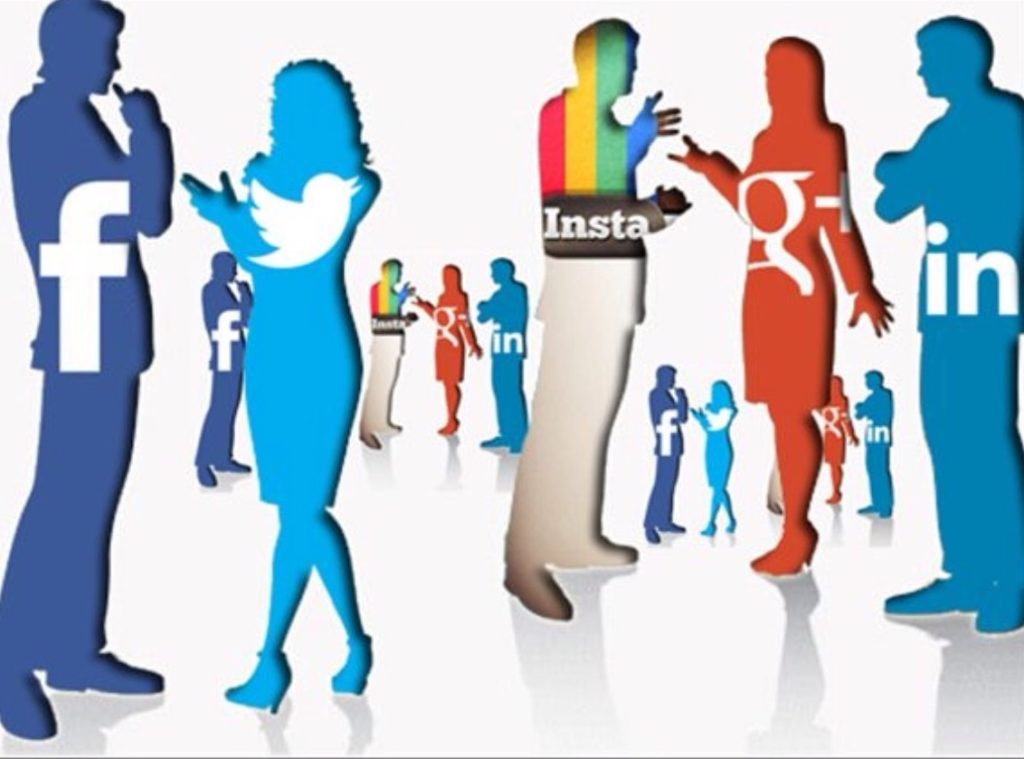New technologies have made the world smaller and smaller. It is already possible thanks to the internet that we can have a daily and continuous contact with people from another corner of the planet, whom we have never seen face to face.

But, paradoxically, according to a new study by researchers at the University of Pittsburgh School of Medicine in the United States, the more we are connected, the more we can become more isolated.
The authors of the study analyzed the technological habits of about two thousand volunteers and observed that those who spent more than two hours a day in social networks were twice as likely to experience situations of social isolation as those who only spent half an hour. And for those who visited these networks an average of 58 times a week, the possibilities tripled compared to those who only did nine.
The authors of the study recognize that these results can be interpreted in two ways. That is, the excessive use of the internet and social networks may produce some degree of isolation. But, also, they are people with difficulties for social relations (or, simply, with little interest for them), those who are more likely to make excessive use of the possibilities offered by new technologies.
What they could verify is that in the case of certain volunteers who were already suffering from social isolation before discovering the internet, their online life did not serve to alleviate that problem effectively. On the contrary, it seems to have made it worse.














